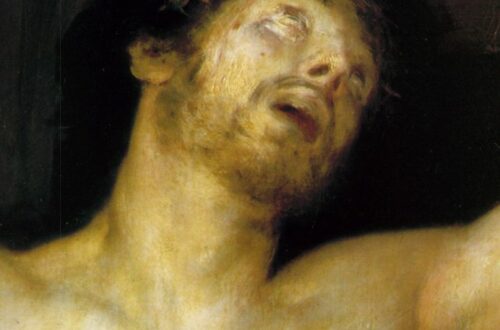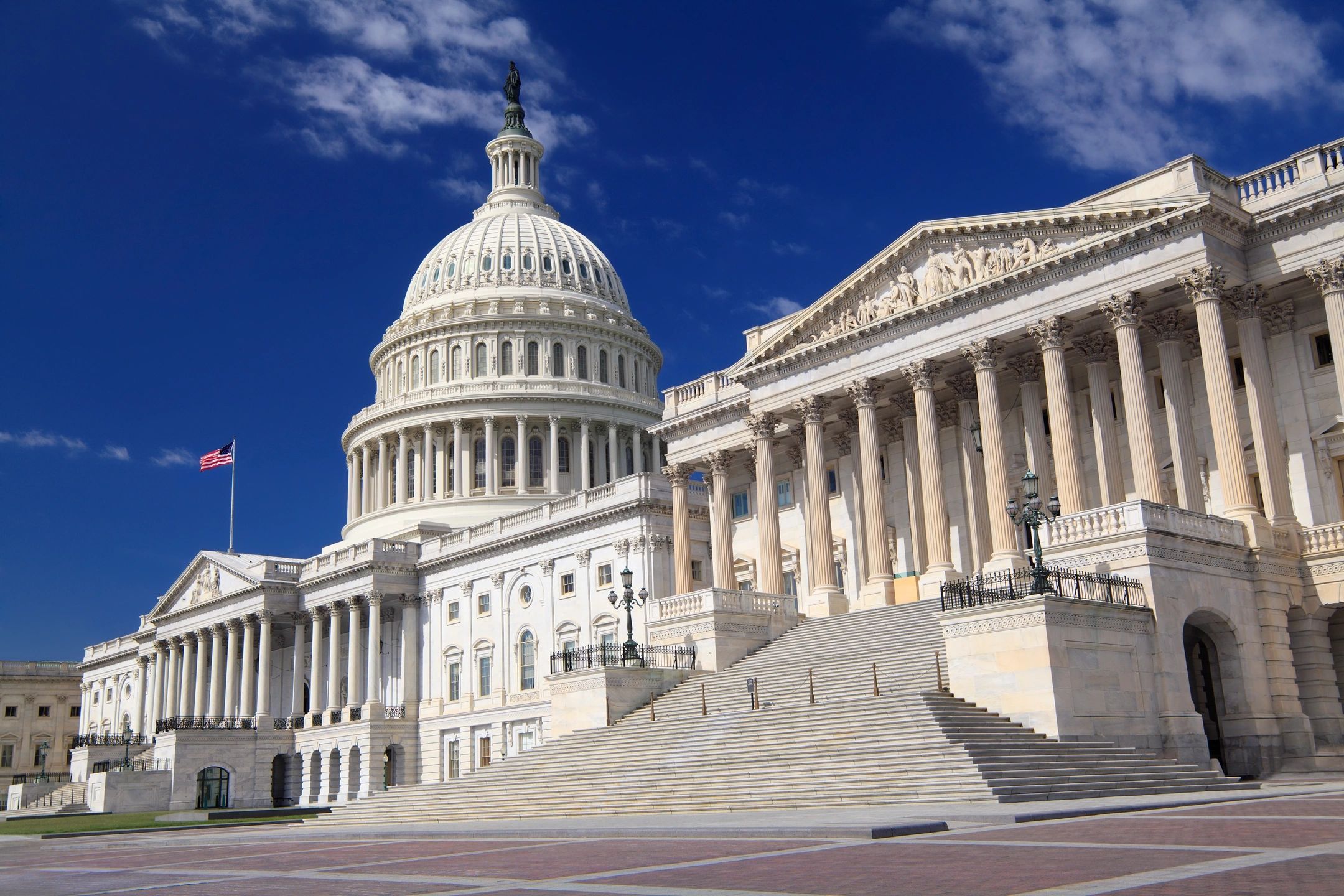Such a task is not novel or a side effect of early twentieth century fundamentalism. Calling out a culture on its sin has been the job of Christians since the church began. Apart from the Bible, which has a lot to say about sin, The Didache, written in the first century, had this to say about its hostile culture:
“it is evil and full of cursing, murders, adulteries, evil desires, fornications, thefts, idolatries, magical practices, sorceries, robberies, false witnessing, hypocrisies, double-mindedness, guile, pride, malice, arrogance, covetousness, filfthy talk, envy, insolence, haugtiness, boastfulness… [They] persecute good people, hate the truth, love lies, do not acknowledge any reward of justice, do not follow goodness or just judgment, and are vigilant not for good but for evil, from whom meekness and patience and far removed, who love vanities, pursuing gain, without pity for the poor and without care for those who are oppressed. They do not acknowledge their creator, they are murders of children, corrupters of the image of God; they turn away from the needy, oppress the afflicted; they are flatterers of the rich, unjust judges of the poor, and are full of all sins.”
That is certainly how pastor of Grace Community Church, John MacArthur, feels. A few weeks ago he had a stark warning for Americans – we are going the wrong way, and that way leads to death.
 |
| John MacArthur |
First, MacArthur suggests that we have become enslaved to lusts and pleasures. We desire endless entertainment, a constant stream of novelty, adrenaline rushes and over embellished taste buds. Pleasure is good, but when we chase it obsessively it will turn round and bite us. As MacArthur says, “You kill yourself chasing pleasure.”
Second, we are dominated by selfishness. Everything is about my ego, my agenda, me winning. Our lust for self-esteem has led us to overestimate ourselves, to over esteem ourselves. Self-esteem is merely pride by another name. And pride, the destroyer of love, kills all virtues. Pride wrecks relationships, destroys peace and is contrary to humility.
Third, materialism, the love of money, things and stuff, is a never ending treadmill of dissatisfaction. The Bible tells us that the love of money is the root of all sorts of evil. It is not money itself that is evil; it is loving money that is. People murder each other for stuff and possessions and even, as MacArthur pointed out, for a parking space. Prosperity is not designed for lovers of mammon because much is never enough.
Fourth, the absence of morality is leading to the creation of a society that is unrestrained. We do not know our left hand from our right. A small government can only remain small if the people it governs have internal restraint. Consequently, those who espouse limited government can only enjoy the results of limited government when there is an internal restraint among the people.
Fifth, anger is a deadly danger to society. Self-control is now seen as suppressing one’s true feelings or hiding from the truth. Ranting is all the rage. “Be angry,” we are told, “you have the right to be angry.” Releasing the anger is pursued as having some kind of psychological benefit. And politicians are following the anger, legislating in order to keep people cool. But that only encourages it; why argue for policy when outrage works just as well?
Sixth, Vengeance is hailed as a virtue. MacArthur remarked that revenge causes “chain reactions of evil.” (see James 1:20. Eccles 7:9). The second amendment is for a people who have self-control, but was not designed for a vengeful people. What chain of events will be set off by recent killings only time will tell.
Seventh, forgiveness is increasingly absent from our culture. This was painfully present in the criticism some journalists had of the forgiveness of Dylann Roof. The critics suggested that they [the victims] have been taught to be subservient to whites; forgiveness is just another way of perpetuating white privilege. None of the critics thought of the possibility that people whose recent ancestors had been enslaved are people who have be shown how to forgive. Forgiveness is neither weak (as anyone who has had to forgive someone knows) nor does it perpetuate evil. Forgiveness restrains evil (see point six).
Eighth, unchecked prejudice causes divisiveness. Racial strife is killing our culture. We have come to sanction prejudices, just dismissing people because of the way they look. Prejudice is unchecked because it seems small and resides in hidden places. But, as we have seen lately, a little hate goes a long way.
Identity politics is the inevitable result of prejudice. Instead of focusing on issues and ideas, the focus is on kinds of people who are straddled with a bundle of views they may or may not hold. As a consequence, we won’t vote for you because we don’t like your face!
Ninth, our culture has lost its respect for authority. Government, parents, bosses, elders, teachers, law enforcement, all have been derided as oppressive, disconnected, unnecessary, a pain, irrelevant and just plain evil. And in our day governments undermine their own authority through perpetuating wickedness and turning a blind eye to sin.
When the people reject all kinds of authority governments and powers resort to coercion. There is a difference between authority and coercion. Authority is recognized even when it defies our desires, but coercion has no need of recognition; it merely threatens to get its way.
Tenth, constant civl rebellion will cause disaster. Collective defiance of civil order has become common place: a tweet turns to a collective cause which in turn goes to the street; storms gather and rants become canons. There are always casualties and they are often children and mothers and elderly people. Rebellion nearly always hurts people who get in the way. If nations get governments the people deserve then they will be rebellious leaders, leaders who break moral laws and lie and cheat their way to the top.
Eleventh, there has been a decline in swift and severe punishment. Because we leave immoral acts unpunished and delay the consequences we encourage crime. MacArthur cited an interesting piece of wisdom from Ecclessiastes: “Because the sentence against an evil deed is not executed quickly, therefore the hearts of the sons of men among them are given fully to do evil.” Delay implies tolerance, an attempt to rationalize evil. And a lot happens in that gap.
Twelfth, we desire weak, impotent and immoral leaders. The character of leaders has been passed over in favor of presentation and pizzazz. God’s picture of a leader, in contrast, is of a leader who rules over men righteously and is “as the light of the morning when the sun rises” (2 Sam 23:4) Ruling righteously makes life beautiful. In an age where any rule appears to be an affront to our way of life we should remember that righteous rule actually makes our lives better.
The solution to all this? Not, as it turns out, an election, not ultimately anyway. An election reflects a people, but it can’t change them. Only the gospel can do that. A preacher called Luis Palau wrote a book aimed at solving America’s problems. It was called, The Only Hope for America. What was the hope? The good news about Jesus. He has come to save sinful people through his death on the cross.
As MacArthur says: “To convert a sinner from his eternal doom is an event of greater significance than to deliver a nation from temporary doom.”
You can read the whole sermon here


